Understanding your Mitsubishi Outlander’s dashboard warning lights is essential for preventing mechanical failures, ensuring safety, and maintaining vehicle longevity.
These indicators provide real-time alerts about system malfunctions, maintenance needs, and operational statuses, enabling prompt action to avoid accidents or costly repairs. Below is a comprehensive guide to major dashboard lights categorized by urgency.
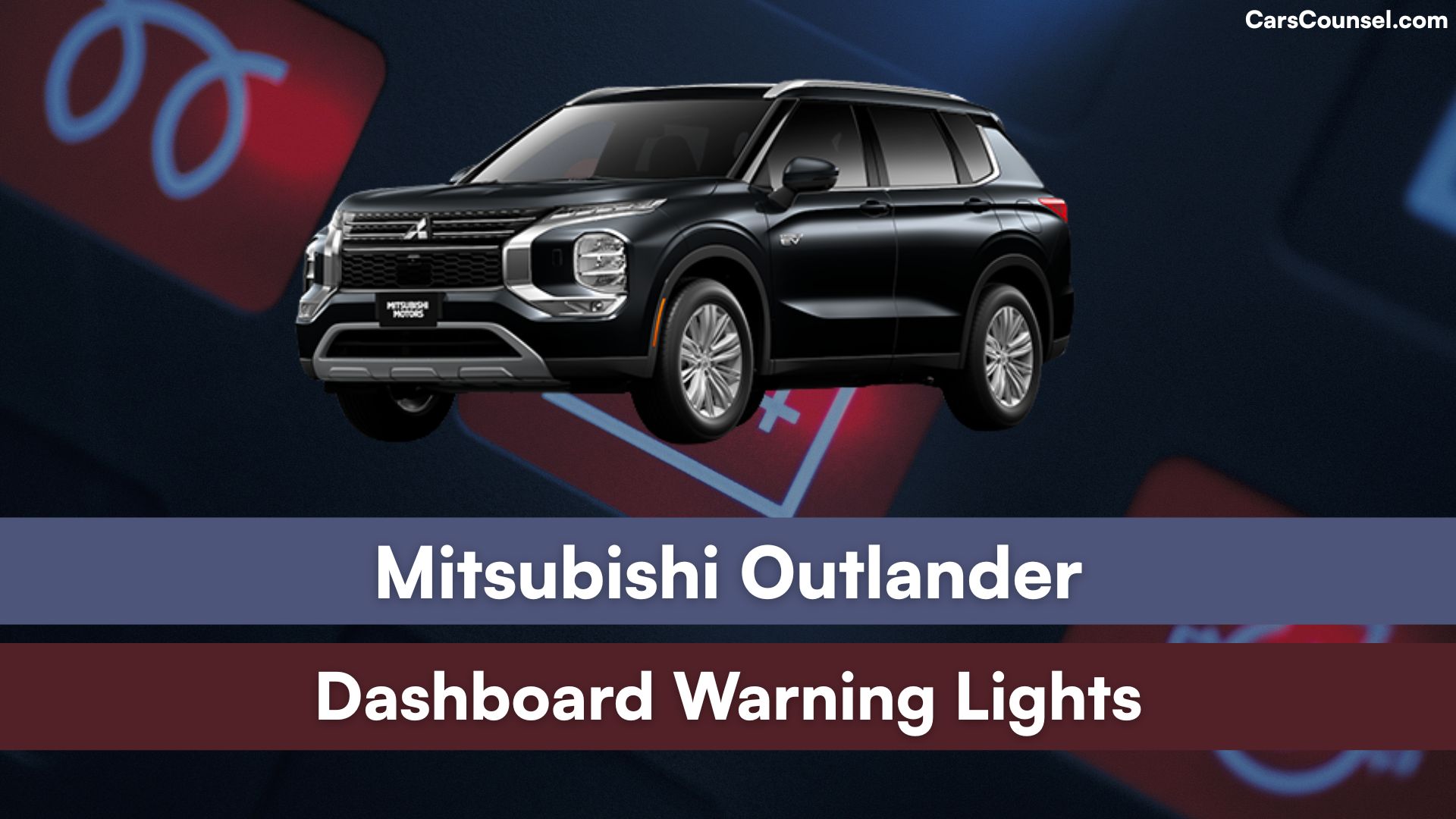
Quick Navigation
Red Warning Lights (Stop Immediately)
Engine Oil Pressure
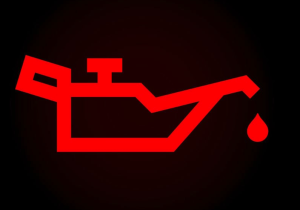
Low oil pressure or overheating detected. Stop immediately, check oil levels, and avoid driving until resolved.
Brake System Alert
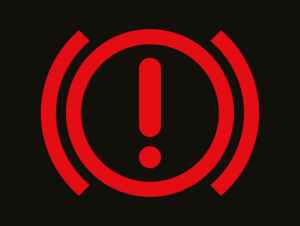
Low brake fluid or hydraulic failure. Park safely and contact a mechanic to prevent brake failure.
Coolant Temperature
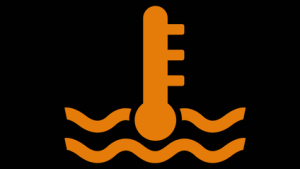
Engine overheating. Turn off the engine immediately to prevent damage.
Electric Power Steering
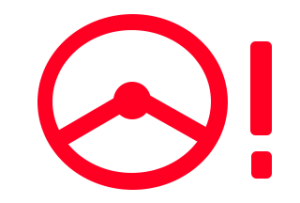
Steering system malfunction. Avoid driving and seek repairs to maintain control.
Airbag Warning

Airbag system fault. Immediate servicing required to ensure crash safety.
Charge System (Battery)
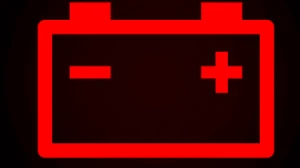
Battery or alternator failure. Stop driving to prevent stalling.
Electric Parking Brake
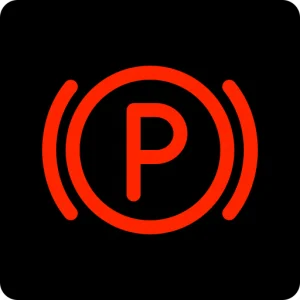
Parking brake malfunction. Verify engagement and seek assistance.
Master Warning
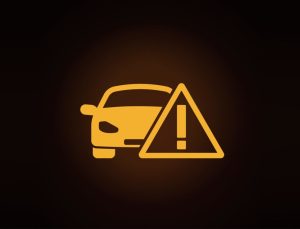
Generic alert for critical issues. Check the multi-information display for details.
Front Seat Belt
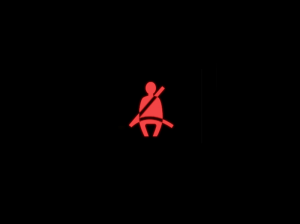
Unbuckled seatbelt while driving. Fasten immediately to avoid injury.
Door Ajar
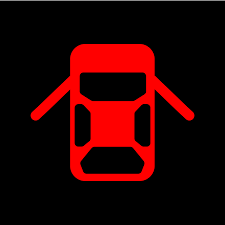
Door not fully closed. Secure doors before driving.
Engine Overheating
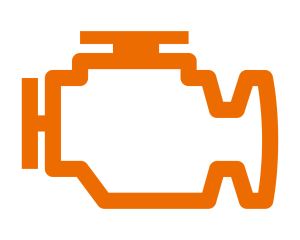
Coolant temperature critically high. Stop and let the engine cool.
Steering Lock
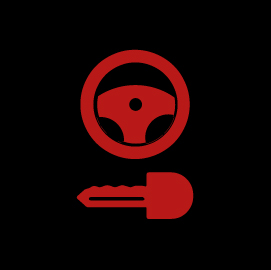
Ignition key removal issue. Restart the vehicle or service the lock.
Hands Off Warning
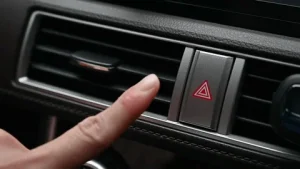
Driver attention required (if equipped). Resume control of steering.
Yellow/Amber Warning Lights (Action Required Soon)
Check Engine

Engine or emissions system fault. Schedule diagnostics to prevent further damage.
Tire Pressure Low
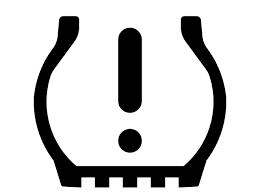
Underinflated tires. Inflate to recommended PSI for safety and efficiency.
Low Fuel
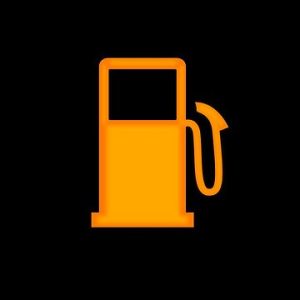
Fuel level critically low. Refuel soon to avoid breakdown.
ABS Warning
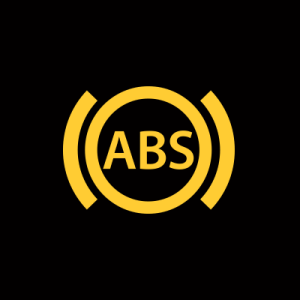
Anti-lock brake system fault. Service brakes promptly to maintain stability.
Electronic Stability Control
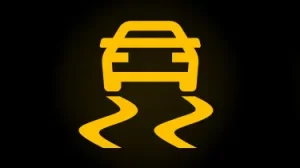
ESC/ESP system error. Drive cautiously and repair to prevent skidding.
Transmission Warning
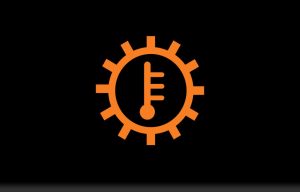
Transmission malfunction. Avoid heavy loads and service immediately.
Diesel Particulate Filter
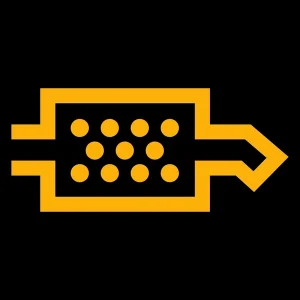
Clogged filter (diesel models). Clean or replace the DPF to restore performance.
Glow Plug
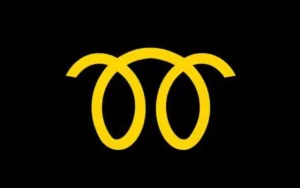
Diesel pre-heat issue. Allow extra warm-up time in cold conditions.
Lane Departure Warning
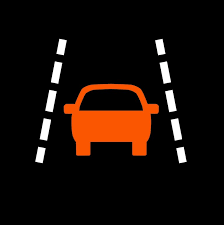
System malfunction. Clean sensors or service to restore alerts.
Forward Collision Mitigation Off
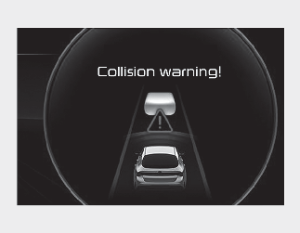
Collision avoidance system disabled. Reactivate or service for safety.
Hill Descent Control Active
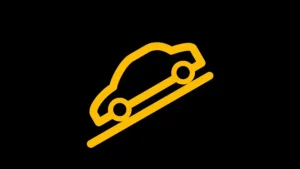
System engaged for steep descents. Deactivate when not needed.
Service Reminder
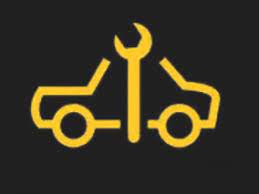
Scheduled maintenance due. Reset after servicing.
Air Filter Clogged

Dirty air filter. Replace to maintain engine performance.
Rain Sensor Fault

Automatic wiper error. Clean the windshield or service sensors.
Key Fob Battery Low
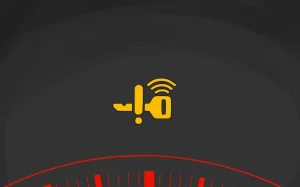
Key battery depleted. Replace the battery soon to ensure functionality.
Green Warning Lights (Information Only)
ECO Mode
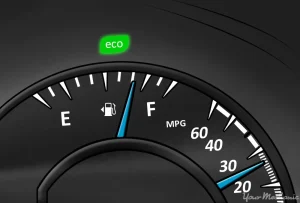
Fuel-efficient driving active. Optimizes engine performance.
Turn Signal
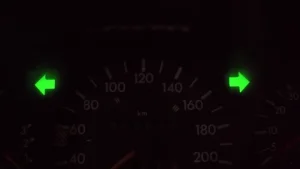
Direction indicators in use. Cancels automatically after turns.
Cruise Control
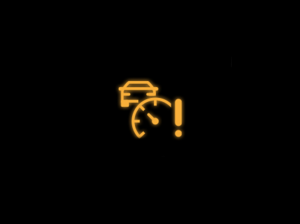
Speed set and maintained. Deactivate when traffic change.
Fog Lights
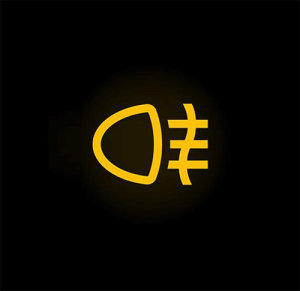
Front/rear fog lights on. Use only in low-visibility conditions.
Automatic High Beams
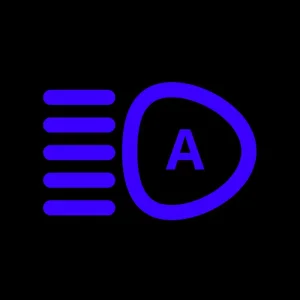
High beams auto-adjusted. Manual override available.
Winter Mode

Traction control optimized for snow/ice. Deactivate on dry roads.
Parking Assist
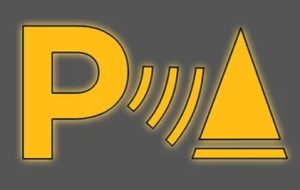
Sensors active for parking. Audible alerts for obstacles.
Lane Keep Assist
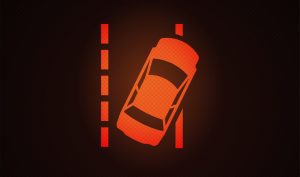
Steering corrections applied. Stay attentive to road conditions.
Auto Start-Stop
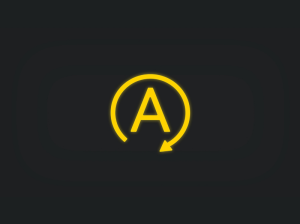
Engine stops at idle. Restarts when accelerating.
Rear Defrost
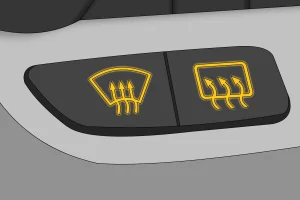
Rear window heating active. Turns off automatically.
Headlights On

Regular beams engaged. Switch off when parked.
Electric Vehicle Mode
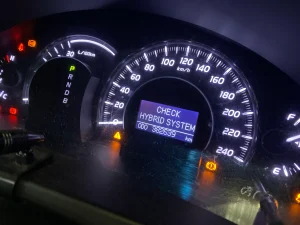
Hybrid/PHEV running on battery. Recharge when depleted.
Drive Mode Select
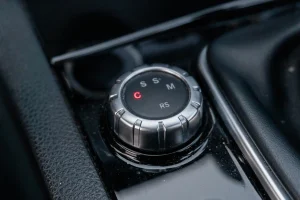
Driving profile active (e.g., Normal, Sport). Adjusts performance.
Security System
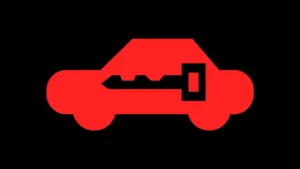
Alarm armed. Disarms automatically with the key fob.
This guide helps you quickly interpret dashboard alerts, ensuring timely responses to maintain safety and vehicle health. Always refer to your owner’s manual for model-specific details.
When looking at Mitsubishi, make sure to check out our guides on models like the Mitsubishi Mirage, Mitsubishi ASX, Mitsubishi Fuso, and Mitsubishi Canter. Understanding dashboard warning lights is essential. Our expert reviews break down what each light means, highlighting common alerts for these models and what they could signal about underlying issues, so you’re never left guessing behind the wheel.
Always consult your owner’s manual when warning lights appear and seek professional diagnosis for persistent warnings to maintain your Mitsubishi Outlander’s performance, safety and longevity. The vehicle’s advanced diagnostic systems provide detailed fault codes that help technicians quickly identify and resolve issues.

